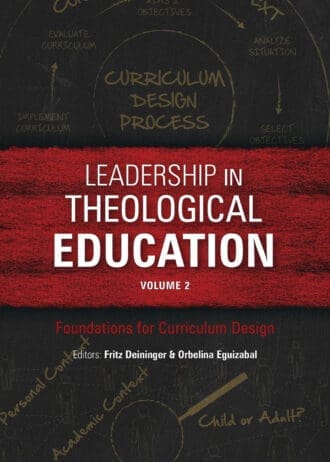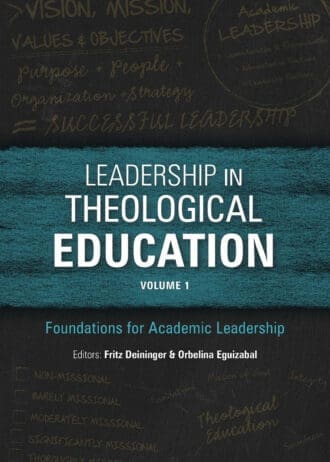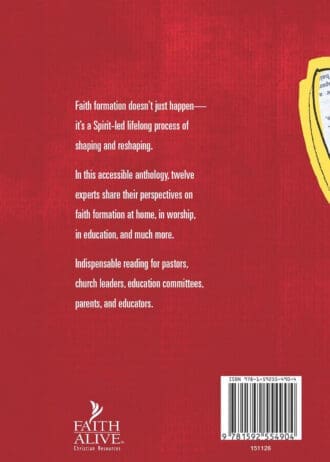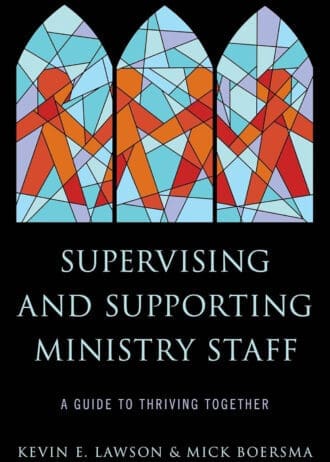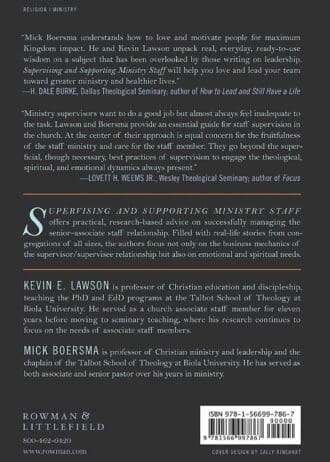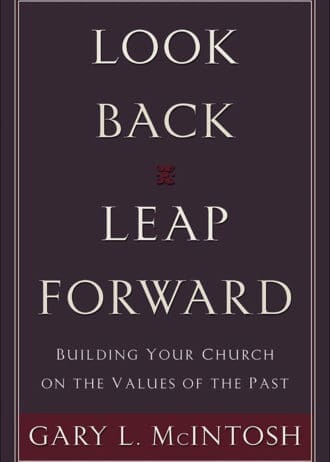The ICETE Programme for Academic Leadership (IPAL) was officially established in 2010 and arose out of the need to provide training to theological institutions in different regions of the world. IPAL provides a three-year cycle of seminars for the professional development of evangelical academic leaders and administrators to help institutions in their pursuit of quality and excellence in theological education.
This publication is the third and final volume intended to accompany and support the IPAL seminars as well as be an independent resource to aid theological institutions with faculty development.
Faculty development is at the heart of theological education. This book lays the foundation for institutions to equip, train and release emerging academic leaders to advance their careers and improve the standards of their teaching and research. The contributors to this volume share the findings of research conducted at evangelical academic institutions in various contexts around the world so other senior administrators can enhance the quality of theological education at their own institution.
Editorial Reviews
Teachers are influencers. The faculty are the frontline, leading students into teaching-learning encounters in our theological institutions. Their influence leads to equipping and forming Christian leaders for the church in our world. Along with leading the academic program, a key area of academic leadership is developing the faculty. To transform theological education for transformed leaders, the academic leaders must walk with faculty through their own development as teachers, as scholars, and as servants of the Lord Jesus Christ. Drawing on years of investing in leaders around the world, this final volume from the IPAL training is filled with encouragement and instruction on this work of faculty development. It will become a much referred-to manual for academic leaders in theological schools around the world. I look forward to seeing theological schools and training programs renewed as faculty develop through the processes outlined in this volume. May the Lord transform us, so we can transform others.
Paul Allan Clark, PhD – Director of Education, Overseas Council, United World Mission
Leadership can be a solitary art. This book not only provides a rich palette of resources for those involved in leadership positions in theological education, but also gives a sense of global companionship in the task.
Marvin Oxenham, PhD – Director, ICETE Academy
General Secretary, European Council for Theological Education
Faculty development is directly proportional to the growth of theological schools. This book contributes to the healthy development of recruitment and training of faculty. All the contributors are theological experts and practitioners. Gone are the days when we measure the success of faculty recruitment by the number of good recruits with excellent grades. Leaders are not only readers, but mentors who dare to spend more time in integrating theories with practical matters.
Joseph Shao, PhD – 4th General Secretary of Asia Theological Association
President, Biblical Seminary of the Philippines
An integral part of achieving the mission and vision of theological higher education, rests on the ministry of our faculty. This book emphasizes their critical role and brings to our attention the need for a holistic approach to their professional development. The biblical models of Jesus and Paul provide the foundation to a well-rounded analysis of elements that must be considered in order to help our faculty grow, not only in their craft as teachers and educators, but also in their capacity of becoming academic leaders and mentors to others. One excellent component of this book is how it goes from the big picture to very practical tools that can be promptly applied in our schools. A must-read for current and future academic leaders.
Jenniffer Contreras Flores, PhD – Academic Dean, SEMISUD, Ecuador


